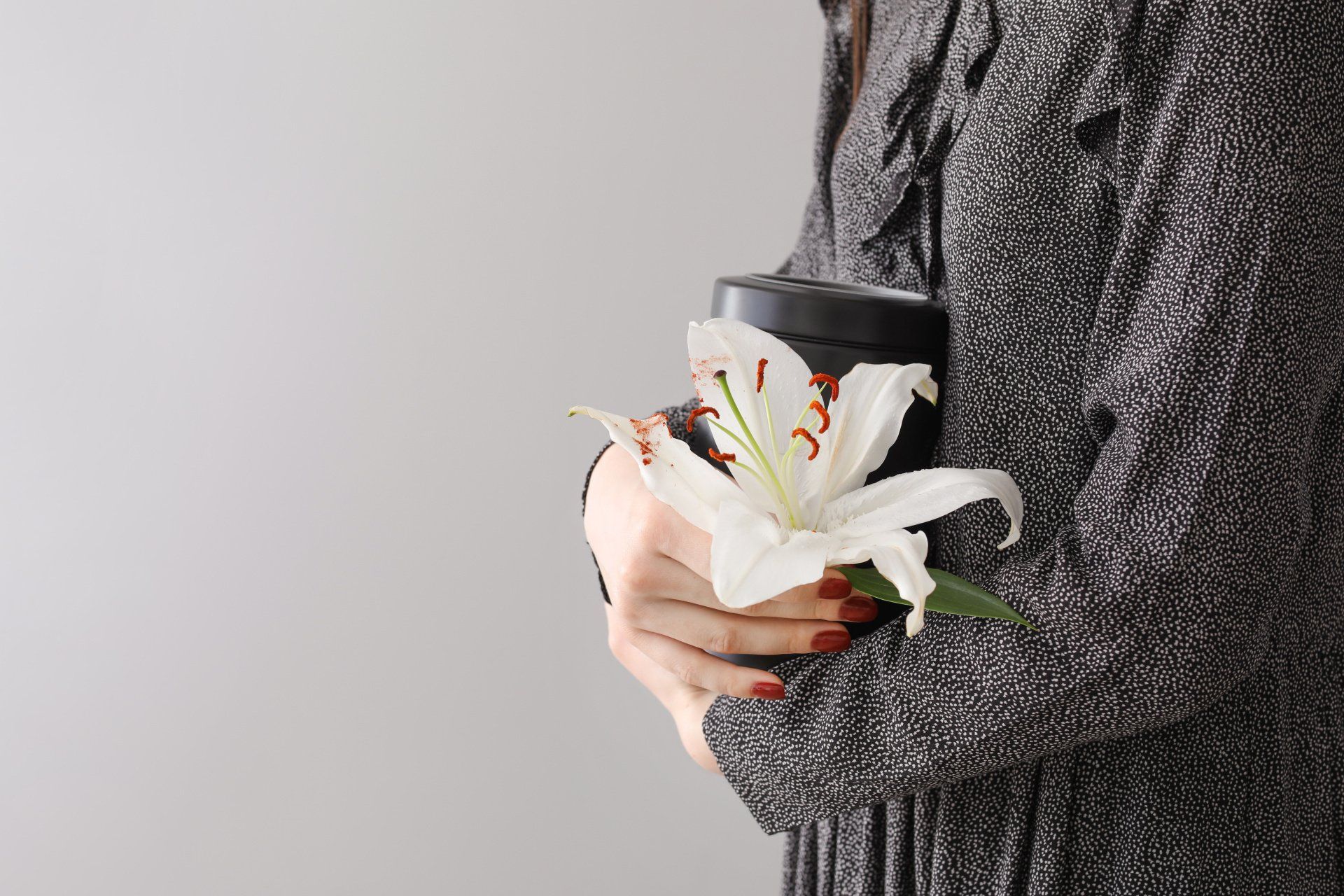How to cope with the death of a partner
Dealing with the death of a partner can be an incredibly difficult and painful experience. At Water and Sons, we want to support you in the best way we can, that’s why we’ve put together some suggestions that may help make the next few months that little easier.
1. Allow yourself to grieve
It's important to acknowledge your feelings and give yourself permission to feel sad, angry, or any other emotion that may come up. It's okay to take time to process your feelings and emotions.
2. Seek support
Talk to family, friends, or a professional counsellor about what you are going through. Joining a support group or speaking with a grief specialist can also be helpful in processing your emotions.
3. Take care of yourself
When you’re feeling immense feelings of grief it can be easy to neglect self care. Make sure you are taking care of yourself physically, emotionally, and mentally. Try to maintain a healthy diet, exercise, and get enough sleep.
4. Keep memories alive
Remember your partner by talking about them, sharing stories, or creating a memorial. This can help keep their memory alive and provide comfort during difficult times.
5. Seek professional help if needed
If you find yourself struggling with depression or other mental health concerns, seek professional help from a therapist or psychiatrist.
Remember that grieving is a process and it may take time to heal. Be patient with yourself and allow yourself the time and space to heal in your own way.
6. Live fully in the present
While it's important to prepare for death, it's also important to live fully in the present moment and appreciate the time you have with your loved ones.
Remember that preparing for death is a process, and it's okay to take your time and approach it in a way that feels right for you.
How to spend last days with a loved one
If you are facing the prospect of spending the last days with a loved one, here are some suggestions for making the most of this precious time together.
1. Focus on the present
Try to be fully present with your loved one, focusing on the time you have together right now. Avoid dwelling on the past or worrying about the future.
2. Share your feelings
This can be a difficult conversation to have, but it's important to express your love, gratitude, and any regrets you may have. Share your memories and what your loved one has meant to you.
3. Do things you enjoy
If your loved one is able, spend time doing things you both enjoy. This might include watching a favourite movie, listening to music, or just chatting about shared interests.
4. Consider therapy or counselling
If you're struggling to cope with the situation, consider seeking professional support. A therapist or counsellor can help you process your emotions and provide guidance on how to make the most of your time together.
5. Take care of yourself
It's important to prioritise your own self-care during this time. Make sure you're getting enough sleep, eating well, and engaging in activities that bring you joy and relaxation. It's okay to take breaks and step away to recharge.
Remember that everyone copes with grief and loss differently. There's no right or wrong way to spend these last days with your loved one. What's most important is that you're able to cherish the time you have together and find comfort in the love and connection you share. Plus, there are always services out there that are designed to help you through this difficult time.
The charity Mind has a list of contacts that could help you through a crisis, but you could also seek the services of a bereavement counsellor in your area to discuss conflicting emotions.
Because
Waters & Sons are aware that arranging a funeral on top of this can take its toll, we offer a 24 hour support service. Please feel free to contact us at any time.


Home | Blog













